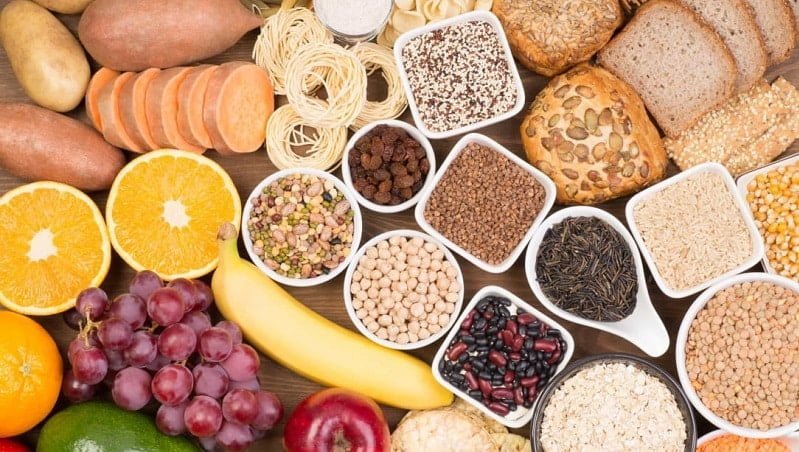Monitoring your daily card intake can help you in managing diabetes better. This is because, excessive consumption of carbohydrates increases your risk of diabetes. It causes your blood sugar levels to spike, making you vulnerable to diabetes-related complications.
Carbohydrates are present in different types of edibles. If you have diabetes, you will enjoy the benefits of healthy living once you consume a safe amount of this nutrient. Let us learn the right amount of carbohydrates you need to take daily.
How many carbs?
The total amount of carbs they should consume in a day is about 45 – 60 percent. The average serving should be 3 – 4 (3-4 of what?) for females, while 4 – 5 (4-5 what?) for males. Additionally, a daily diet with a low serving of carbohydrates lessens the need for further diabetes medication.
You can measure your carb intake by grams. For individuals with diabetes, one serving of carbs equals to 15 grams of carbohydrates. While this is not the standard measurement that individuals with diabetes must follow, it helps monitor their blood sugar levels.
In knowing the amount of this nutrient to consume, consider some factors. These factors include age, body weight, diabetes treatment, and physical activities. You need more calories if you are active in exercising and working out. This can still affect how the blood sugar levels function.
Your weight also plays a significant role in your carbohydrates intake. If you are obese, you need to limit your nutrient intake. This will prevent you from developing type 2 diabetes. Furthermore, it will help you control your blood glucose.
Why balance in carbohydrates intake is significant?
Taking too much carbohydrates can lead to hyperglycemia. When this occurs, you will experience the following:
- Unexplained thirst and hunger
- Frequent urination
- Difficulty breathing
- Nausea and vomiting
- High blood sugar levels
Meanwhile, hypoglycemia occurs if your carbohydrates intake is very low. Expect the following to happen:
- Extreme hunger
- Dizziness
- Drowsiness
- Mild to severe headaches
- Unexplained tiredness
- Irregular heartbeat
- Convulsions
- Extreme weakness
Always ensure that your carbohydrates intake is well-balanced. Plan your daily diet to ensure that neither hyperglycemia nor hypoglycemia happens.
Foods that are rich in carbohydrates
Here are the foods and beverages that contain a rich amount of carbohydrates:
- Whole grain
- Fruits
- Dairy products
- Vegetables (corn and potatoes)
- Beans
- Peas
- Sports drinks
- Pasta
Discuss with your healthcare professional
Talk with your healthcare professional if you have a hard time controlling your blood sugar levels. Remember that part of diabetes management is preventing your blood sugar levels from fluctuating. Ask the right amount of carbohydrates to consume based on your age and weight. Furthermore, always seek immediate medical care. Contact your healthcare professional if you are already experiencing the mentioned symptoms of hyperglycemia and hypoglycemia.


